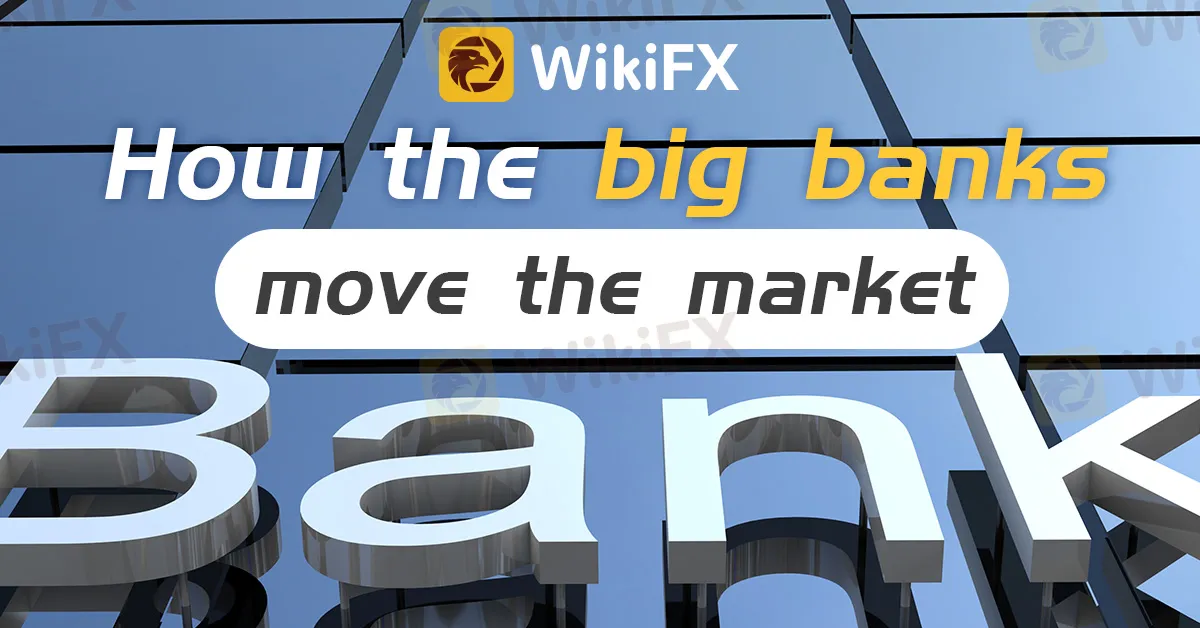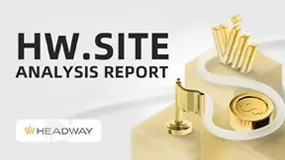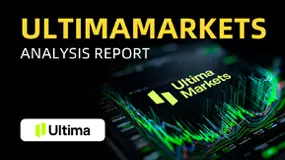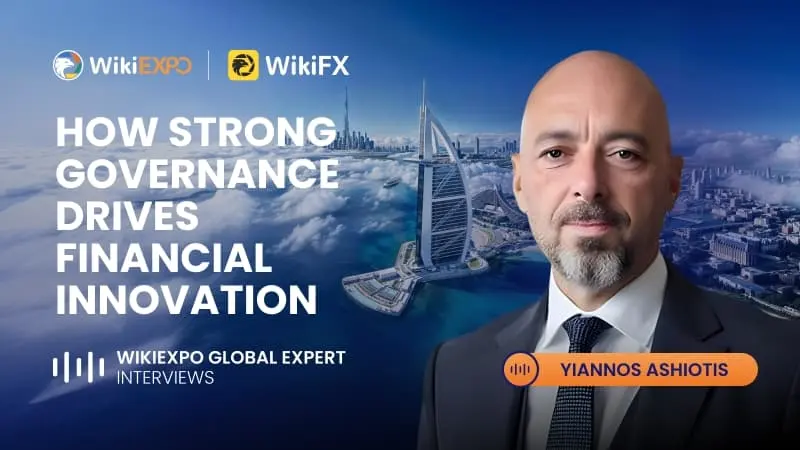Abstract:Forex is the largest financial market in the world, with a daily turnover of over $6.6 trillion. Large financial institutions, including major banks, dominate the Forex market, accounting for a significant percentage of the daily market volume. Banks participate in the market as both forex traders and market makers, and they use their financial clout to influence prices.

Forex is the largest financial market in the world, with a daily turnover of over $6.6 trillion. Large financial institutions, including major banks, dominate the Forex market, accounting for a significant percentage of the daily market volume. Banks participate in the market as both forex traders and market makers, and they use their financial clout to influence prices.
There are several ways in which big banks move prices of instruments in the Forex market. One of the primary methods is through their order flow. These banks deal with billions of dollars each day, making them the primary market participants. Consequently, they create order flows by buying and selling currencies in large quantities, which can lead to a shift in prices.
In recent years, high-frequency trading has become popular among big banks, allowing them to execute trades at lightning speeds. These trades are executed through computer algorithms that analyze market conditions and execute trades automatically based on pre-determined conditions. High-frequency trading allows banks to move prices quickly while taking advantage of market fluctuations with minimal risk.
Banks can also use leverage to influence the market. Leverage refers to the ability to control large positions while committing only a small fraction of the capital. Banks can leverage their positions through the use of derivatives, such as options and futures. This allows them to take on large positions and potentially move prices in their favor. However, it also exposes them to significant risks, as leveraged positions can result in significant losses.
Another way banks affect the Forex market is through their research reports and analysis. Banks have dedicated research teams that provide insights into the economic conditions of various countries and the potential impact on currency values. These reports are distributed to traders and investors worldwide, and their results can significantly impact the markets direction.
Additionally, big banks can influence Forex prices through their relationships with central banks, local governments, and other major institutions. For instance, a central bank may inform a big bank of its intention to buy or sell currency, or a government may inform a bank of planned policy changes. In both cases, the bank can then trade based on this inside knowledge, potentially moving prices in its favor.
In conclusion, big banks exert significant influence on the movement of prices in the Forex market. Their order flow, high-frequency trading, leverage, research reports, and analysis, as well as their relationships with other major institutions, all play a significant role in the market‘s direction. Understanding the role of these big banks is essential for successful Forex trading, as traders must be aware of the market’s major participants to make informed trading decisions.










